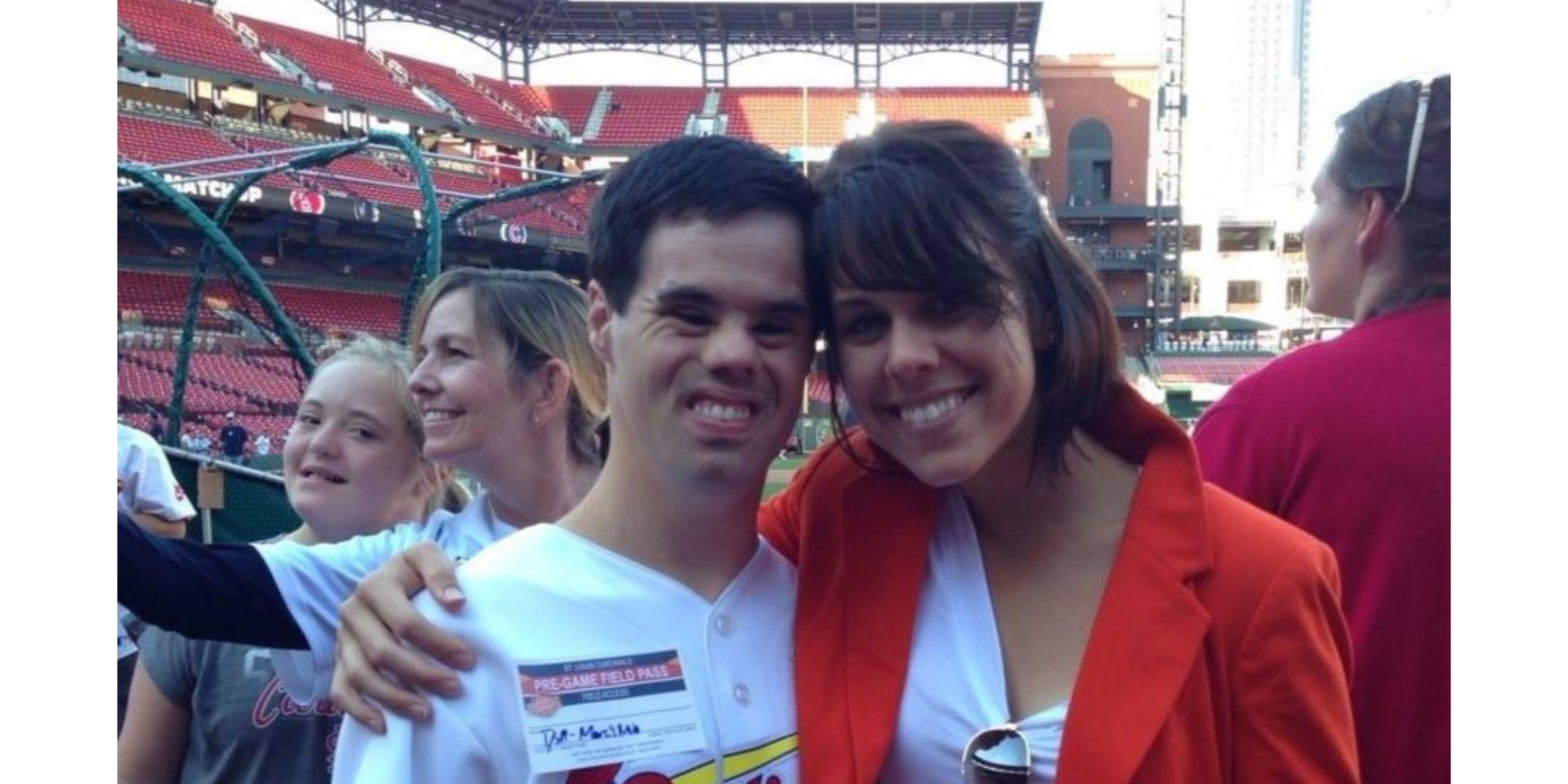
GLOBAL LEADERS – An Exclusive Interview with Erin Suelmann, Executive Director of the Down Syndrome Association of Greater St. Louis
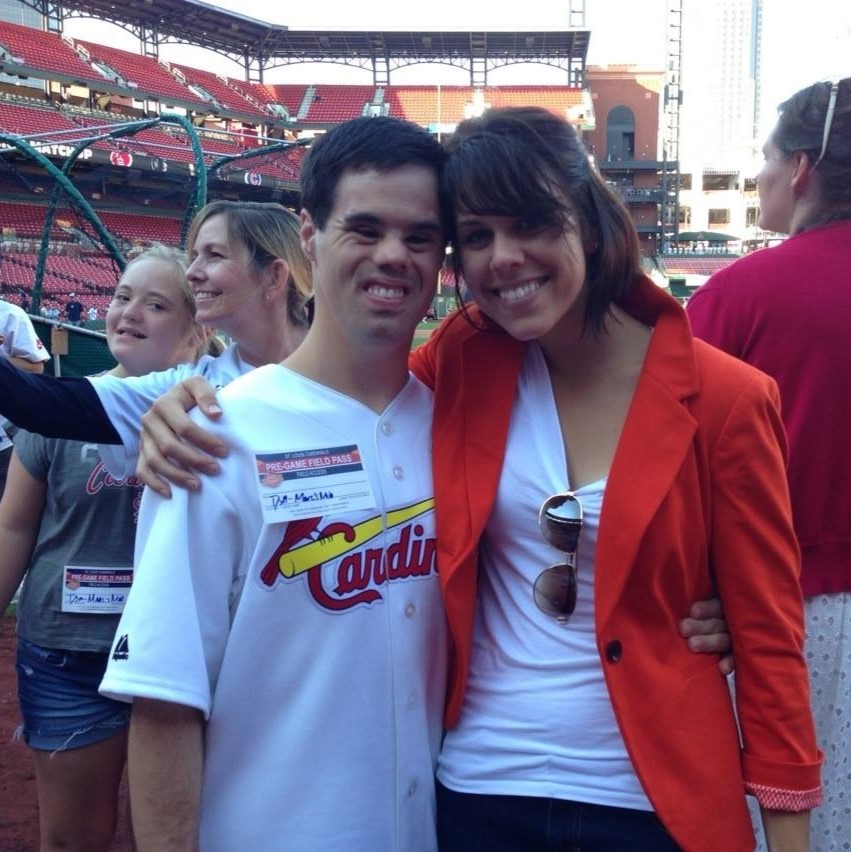 Under Erin Suelmann’s leadership, the Down Syndrome Association of Greater St. Louis (DSAGSL) has become one of the largest local Down syndrome organizations in the United States. In 2023 the organization raised over $1 million in support of over 2,000 families and expanded their impactful programs and services. Erin and her team have maintained an A+ rating from the Better Business Bureau and met all 20 BBB Charity Accountability Standards. A strong believer in financial transparency, DSAGSL invites you to view their latest Annual Report and see exactly how their sponsorship of the GLOBAL Medical Care Guidelines for Adults with Down Syndrome fits into their tight yet highly effective budget.
Under Erin Suelmann’s leadership, the Down Syndrome Association of Greater St. Louis (DSAGSL) has become one of the largest local Down syndrome organizations in the United States. In 2023 the organization raised over $1 million in support of over 2,000 families and expanded their impactful programs and services. Erin and her team have maintained an A+ rating from the Better Business Bureau and met all 20 BBB Charity Accountability Standards. A strong believer in financial transparency, DSAGSL invites you to view their latest Annual Report and see exactly how their sponsorship of the GLOBAL Medical Care Guidelines for Adults with Down Syndrome fits into their tight yet highly effective budget.
Recently, GLOBAL’s Vice President of Strategic Alliances, David Tolleson, caught up with Erin for an exclusive interview about the importance of the GLOBAL Adult Guideline, how having a brother with Down syndrome shaped her life, and her advice and hopes for healthcare support for all individuals with Down syndrome.
DAVID: Your group supported the first edition of the GLOBAL Medical Care Guidelines for Adults with Down Syndrome (GLOBAL Adult Guidelines). Why is supporting the second edition of the guideline with a multi-year pledge important to you and your board?
ERIN: I have an adult brother with Down syndrome, who’s 37. I’ve known people with Down syndrome my whole life and I’ve watched them age. That, in conjunction with being the leader of a Down syndrome association, I have witnessed first-hand the challenges that the healthcare system faces and that families face in finding good, reliable, competent care for people with Down syndrome, especially adults. So, to me it’s a “no brainer” to invest in research and tools that will improve healthcare for adults with Down syndrome and bring awareness of the importance of funding that helps everyone.
We had discussions on my board about how our investment in the GLOBAL Adult Guideline directly impacts people in St. Louis and we said it positively affects people with Down syndrome everywhere. It’s a tangible tool we can use right here in St. Louis to improve healthcare for adults with Down syndrome. I’m really grateful that GLOBAL is doing the work and leading the way in doing the work because I don’t know who else would do it—otherwise it just wouldn’t get done. It’s absolutely a priority for us.
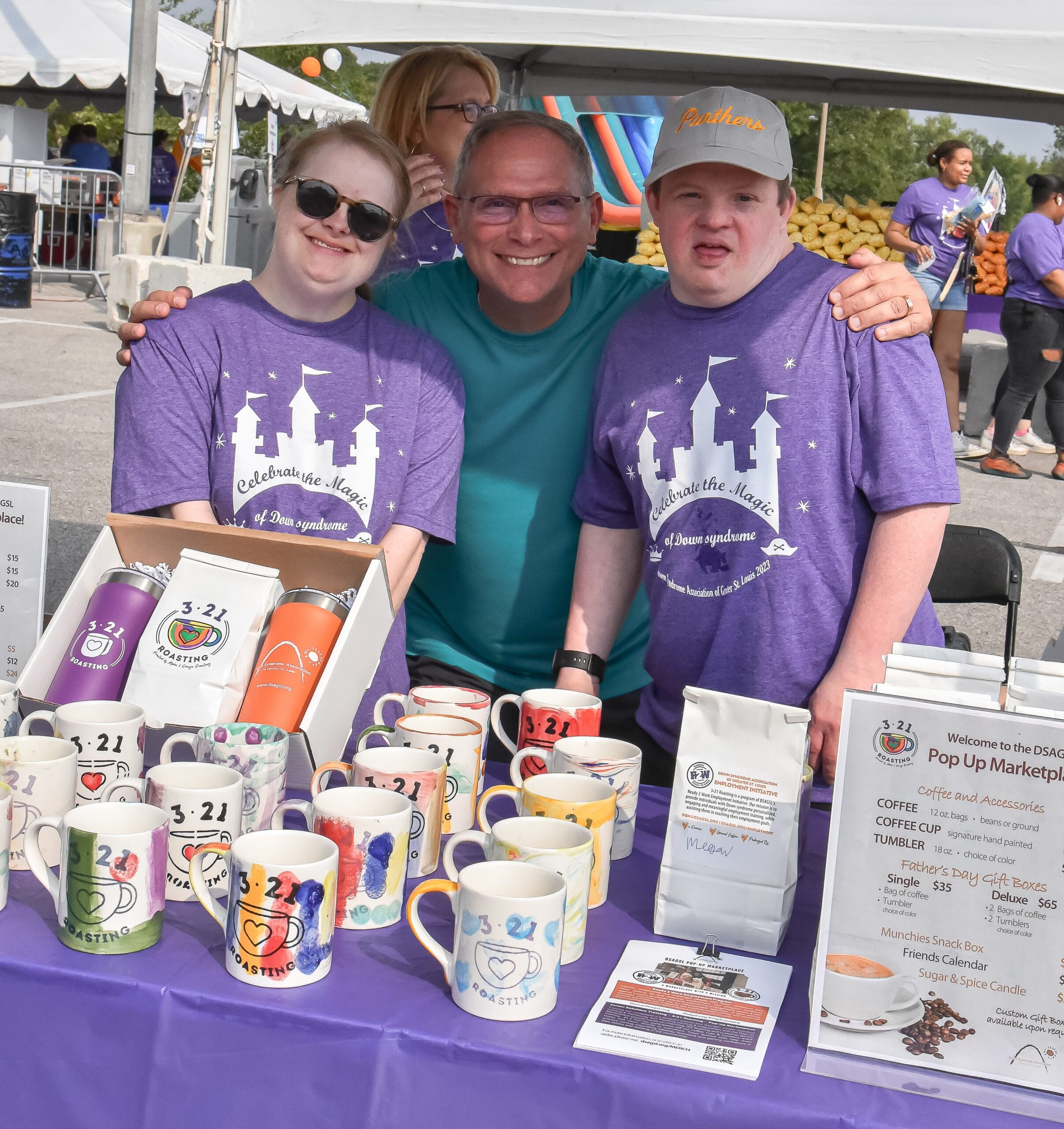
DAVID: DSAGSL is very strict about how you use your money. How does giving to the GLOBAL Adult Guideline fit into your criteria?
ERIN: Our mission is to serve, support and celebrate the lives of individuals with Down syndrome and their families through every stage of life. We believe that healthcare is essential in ensuring that people with Down syndrome can live long lives and fulfill their potential. We don’t have capacity to do what GLOBAL is doing in terms of creating the healthcare guidelines—I wouldn’t even know where to begin! We really believe in doing what we do well and partnering with and supporting agencies that are doing what they do well. GLOBAL has definitely shown that it is really good at advocating for healthcare for people with Down syndrome, which directly impacts the people we serve, so by supporting GLOBAL we’re improving healthcare for them. The GLOBAL Adult Guidelines don’t just support people in Colorado or Denver, they support people across the globe.
DAVID: You mentioned your brother. How does being a sibling impact your work?
ERIN: Oh gosh, I am who I am because of my brother. From a really early age I was cheering for the underdog and I was recognizing injustices, inequalities, and inequities. I was taking notes of how people with disabilities were being treated. I also developed a lot of patience because I have a brother with a disability. I have a lot of core memories of experiences that made me who I am. So, I take that to work with me every day and I feel really honored that I get to work in a field where I get to try to make a better world for people with Down syndrome. Whether it’s advocacy, creating programs where they are learning skills, or raising awareness about Down syndrome, everything that I do day-to-day has been impacted living with him and the great lessons he’s taught me. I’m blessed to be able to make a difference.
DAVID: How is the GLOBAL Adult Guideline making a difference in St. Louis?
ERIN: We use the Guidelines in our “Ages and Stages” packet. A few years ago, we realized families call us when they need something right away, so we thought a great way to help them would be to send them information before they need it—whether it be potty training, behavior in school, puberty, and so on—so we send out these packets at key milestones in life. The goal is that the family has the information they need before a crisis moment. We send out the GLOBAL Adult Guideline in our “16 Turning 17” packet, so all the families with a child turning 17 get that information. It helps them prepare and be better advocates for their loved ones. It helps people with Down syndrome be better advocates for themselves in the healthcare setting.
We’ve done some webinars with GLOBAL and we share GLOBAL Webinars. The GLOBAL Webinars attract the leading medical experts and are real tools that we give to people to improve healthcare for their child with Down syndrome or for themselves. In addition, last year we sent packets to healthcare professionals—something we plan to continue—in an effort to empower them to better serve people with Down syndrome. We sent the GLOBAL Adult Guideline to medical professionals along with a magnet talking about how they can get more information from our website. So, the guidelines are really directly impacting people in St. Louis.
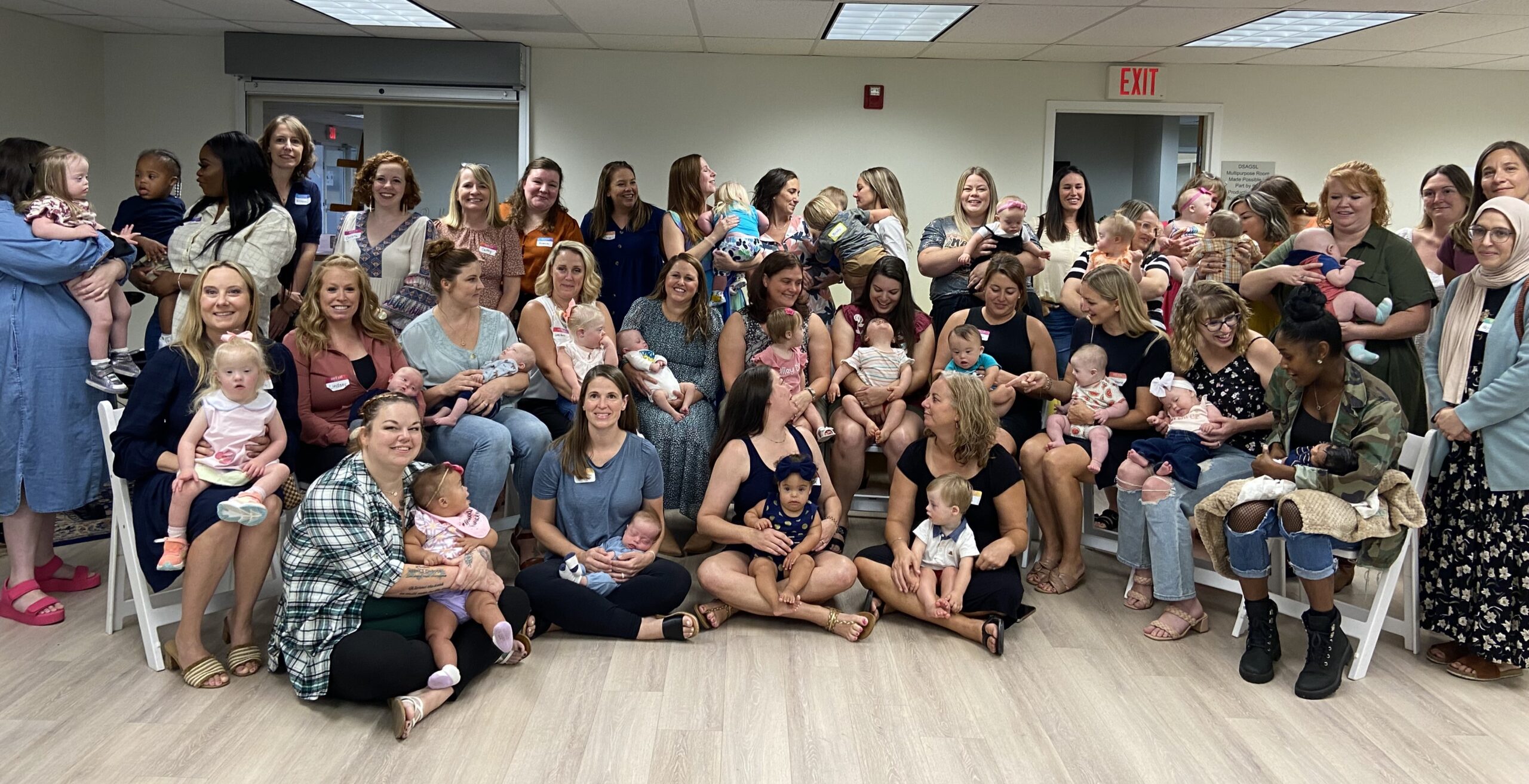
DAVID: How does GLOBAL’s advocacy, research, and medical care work make a difference to families in your community?
ERIN: We can do what we can on a local level. We have access to local, county, and state leaders to improve the lives of people with Down syndrome, but I don’t have the capacity as one person to go to the National Institutes of Health (NIH) to advocate for improved healthcare or improved funding of research. Nor is that the best use of my time—my time is about serving people in St. Louis. It’s important that organizations like GLOBAL exist to do that work. It’s good that Michelle, you and the GLOBAL team are at the NIH advocating, because you have the expertise and the access to professionals and the experts, and that is GLOBAL’s mission. That leaves me able to focus on the people in my region and rest assured that that federal advocacy work is taking place through an organization that is really equipped to do that work well. I would not be able to do it, so I’m really grateful to GLOBAL that you’ve made that your mission and that you’re doing it really well, taking it very seriously, and having the experts behind you.
DAVID: Do you have any advice for adults navigating the healthcare system?
ERIN: I think my advice would be that you have to come equipped with the knowledge and, in many cases, you have to educate your doctor, which is not the way that it should be. Hopefully, organizations like DSAGSL and GLOBAL can continue to help educate healthcare professionals, but for right now—especially if you live in rural communities or communities that don’t have a Down syndrome center or research university, you really do have to take it upon yourself. You have to arm yourself with the knowledge, best practices and things like the GLOBAL Adult Guideline, because your physician can’t always know everything. It’s also about finding a doctor who will listen to you. If you feel like your doctor is not taking you seriously and they’re not willing to listen to you and/or go the extra mile to learn outside of that 15-minute visit, then you have the wrong doctor and you need to find a better one. It should be a partnership. Even if they don’t know everything, they should be willing to learn, take you seriously and read the materials you bring them.
I also think that finding community through your Down syndrome association, connecting with other individuals with Down syndrome and their families, so you can share resources and recommendations on doctors, would be my advice. That’s also true for any kind of specialty care. We really have to advocate for ourselves.
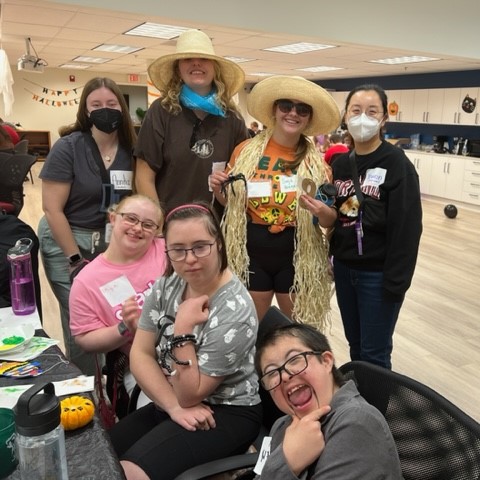
DAVID: What are your hopes for the future in healthcare?
ERIN: I think if I had to envision a perfect world as far as healthcare and Down syndrome are concerned, my goal would be that every physician would know about Down syndrome and would have gotten more education about it in medical school. We hear from doctors that they get 15 minutes to an hour during their entire medical training about Down syndrome, which needs to change because there are going to be more and more people living with Down syndrome. It’s not an uncommon condition, so why shouldn’t doctors know about it and have that be a part of their regular curriculum in medical school? A family shouldn’t have to go into a doctor’s visit and be an interface with a physician who has never learned about Down syndrome or even seen anybody with Down syndrome. That’s why in St. Louis I say our goal should be that everybody knows somebody with Down syndrome.
Every doctor should have the opportunity to meet someone with Down syndrome because then that diagnosis delivery will be better. It won’t be so heart-wrenching for families when they receive the diagnosis. Families won’t be discouraged, because they won’t have to go into a medical visit where the doctor doesn’t want to listen. Normalizing Down syndrome in the medical community means there can be more equitable care. We have a lot of work to do at the intersection of minorities and disabilities. The medical community needs to do better in treating people in traditionally underserved groups and in rural communities and that’s just magnified by someone having a disability. So, there’s a lot of work to be done.
DAVID: We’re very grateful for your time and for your support of GLOBAL’s work. Is there anything else you would like to share with our readers?
ERIN: It’s really exciting that we’re going to be celebrating our 50th anniversary in 2026!
DAVID: That’s wonderful!
ERIN: Yes, we have some really exciting things planned! Our success comes from our partnership and collaboration with other Down syndrome associations and national groups as well. The more we can support each other, the more we can lean on each other for the expertise that one another bring to the table or rely on someone who does something really well, like GLOBAL and the Adult Guideline, we’re all going to more successful as a result.
I really appreciate the national groups like GLOBAL and DSAIA that allow us to share, communicate and collaborate. I’ve learned so much from other organizations like yours and so many others across the country. I’m excited that GLOBAL is doing this piece on the local affiliates because there are a lot of really good associations across the country doing exciting work and making the world a better place!


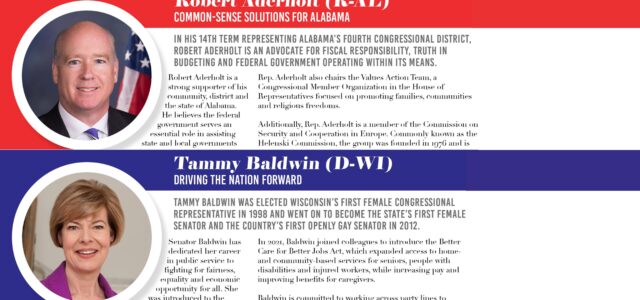
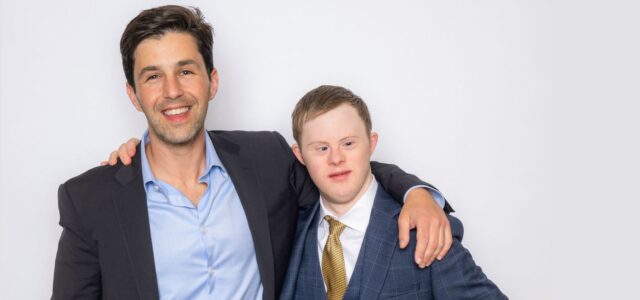
 Experience our inspirational and groundbreaking videos and photos. Our children and self-advocates are beautiful AND brilliant!
Experience our inspirational and groundbreaking videos and photos. Our children and self-advocates are beautiful AND brilliant! Make sure your local Representatives are on the Congressional Down Syndrome Task Force.
Make sure your local Representatives are on the Congressional Down Syndrome Task Force.